For centuries, scholars and concerned parents have puzzled over senioritis, the mysterious condition that afflicts high school seniors with an acute inability to care. Now, thanks to a groundbreaking study from the Institute of Academic Procrastination (IAP), scientists have confirmed what students have long suspected: senioritis is not just laziness—it is a scientifically proven neurological and sociological event.
“It’s not their fault,” said Dr. Ima Slacker, lead researcher on the study. “We have identified undeniable biological evidence that senioritis is a real, diagnosable condition. And unfortunately, it’s highly contagious.”
Using Laziness Imaging Technology (LIT), researchers conducted brain scans on a sample group of high school seniors and found that the Prefrontal Academic Cortex (PAC)—the brain region responsible for motivation—shrinks by an alarming 78% immediately after a student receives their first college acceptance letter.
“In severe cases, the PAC is reduced to the size of a Skittle,” reported neuroscientist Dr. idontknowman.
Meanwhile, levels of Avoidatonin, a newly discovered hormone responsible for procrastination, spike 400% when students open Google Classroom and see 17 overdue assignments. This hormonal surge triggers the Immediate Distraction Reflex (IDR), causing affected students to inexplicably reorganize their Spotify playlists, or binge seven hours of Netflix.
“I sat down to write my history essay, but somehow ended up ranking every flavor of Pop-Tarts,” admitted Actually I forgot (note to self: get the name of whoever said this). “It’s science. I can’t fight it.”
Scientists warn that senioritis is highly contagious and spreads rapidly through peer influence.
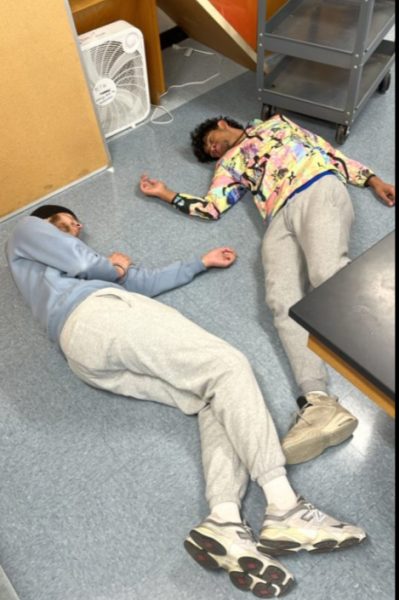
“The moment one student in a friend group says, ‘Eh, I’ll just take the L on this assignment,’ the entire group undergoes what we call Collective Academic Collapse (CAC),” said Dr. Procrastination, a sociologist specializing in teenage productivity.
In a controlled study, researchers placed a diligent, straight-A student in a room with three seniors suffering from late-stage senioritis. Within 20 minutes, the previously high-achieving student was found laying on the floor, muttering, “Grades don’t even matter.”
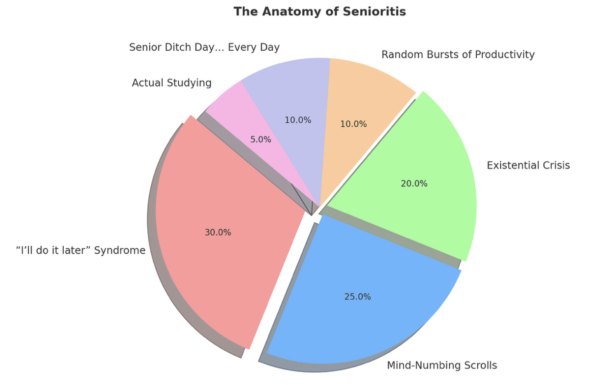
“I used to do my homework the day it was assigned,” said D., a former overachiever turned senioritis victim. “Now, if it’s due at 11:59, I might start at 11:58—if I’m feeling ambitious.”
The study identified several distinct stages of senioritis:
- The “I Deserve a Break” Phase – Occurs immediately after submitting college applications. Symptoms include occasional procrastination and the belief that one missing assignment “won’t hurt.”
- The “What’s the Worst That Could Happen?” Phase – Characterized by an increase in nap frequency, minimal effort on assignments, and sudden fascination with unrelated activities (like learning the entire history of the Roman Empire instead of studying for a math test).
- The “Academic Coma” Phase – Marked by a complete loss of willpower, unread emails stacking into the thousands, and an instinctive ability to mentally tune out teachers’ voices.
- The “Last-Minute Resurrection” Phase – Typically occurring 48 hours before final grades are due, students experience a brief burst of productivity, frantically completing 7 months’ worth of work in one caffeine-fueled night.
“I wrote an entire research paper in two hours while running on nothing but a Red Bull and sheer terror,” said junior Ava Su., a self-proclaimed procrastination expert. “I think I transcended time and space for a moment.”
Currently, there is no known cure for senioritis, but researchers are testing several experimental treatments:
- Caffeinated Productivity Infusions (CPI) – Temporary relief can be achieved through excessive caffeine consumption, though side effects include jittery handwriting, existential dread, and spontaneous panic attacks at 3 AM.
Despite these efforts, scientists warn that senioritis is cyclical. “Though symptoms fade after high school graduation, we have strong evidence that a mutated form, known as College Procrastinitis, emerges during midterms and final exams in college,” Dr. Slacker reported.
Until a cure is discovered, experts advise students to pace themselves, attempt at least one assignment per week, and remember that, despite the overwhelming symptoms of senioritis, graduation is inevitable.




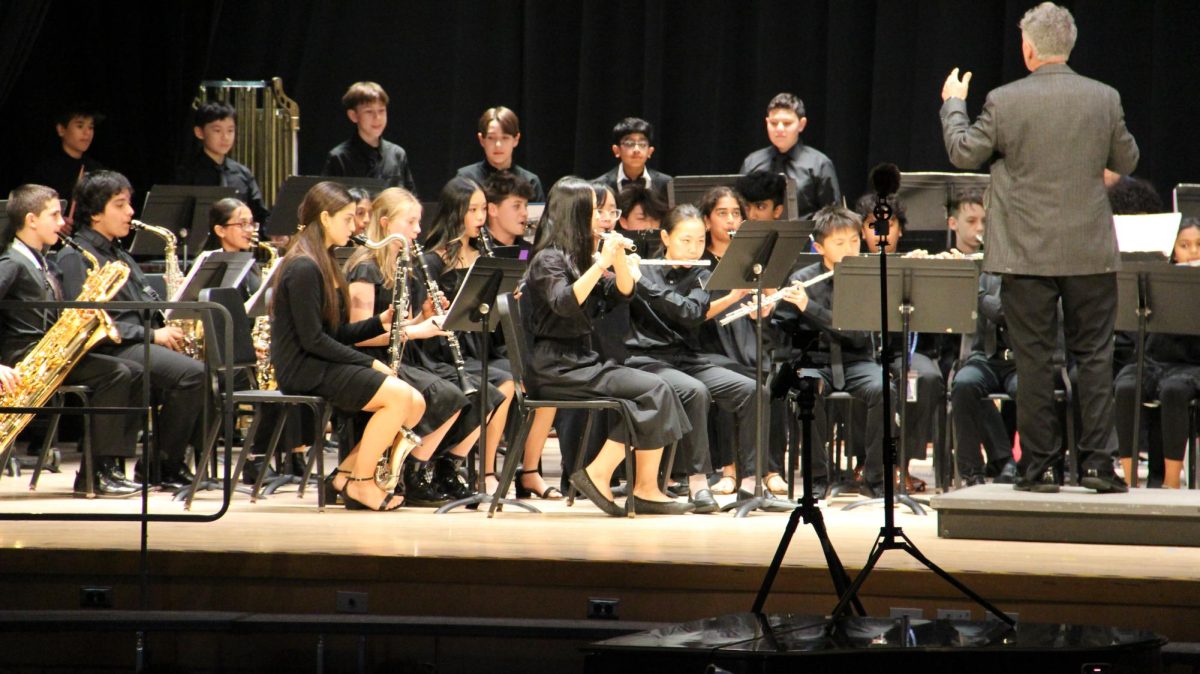





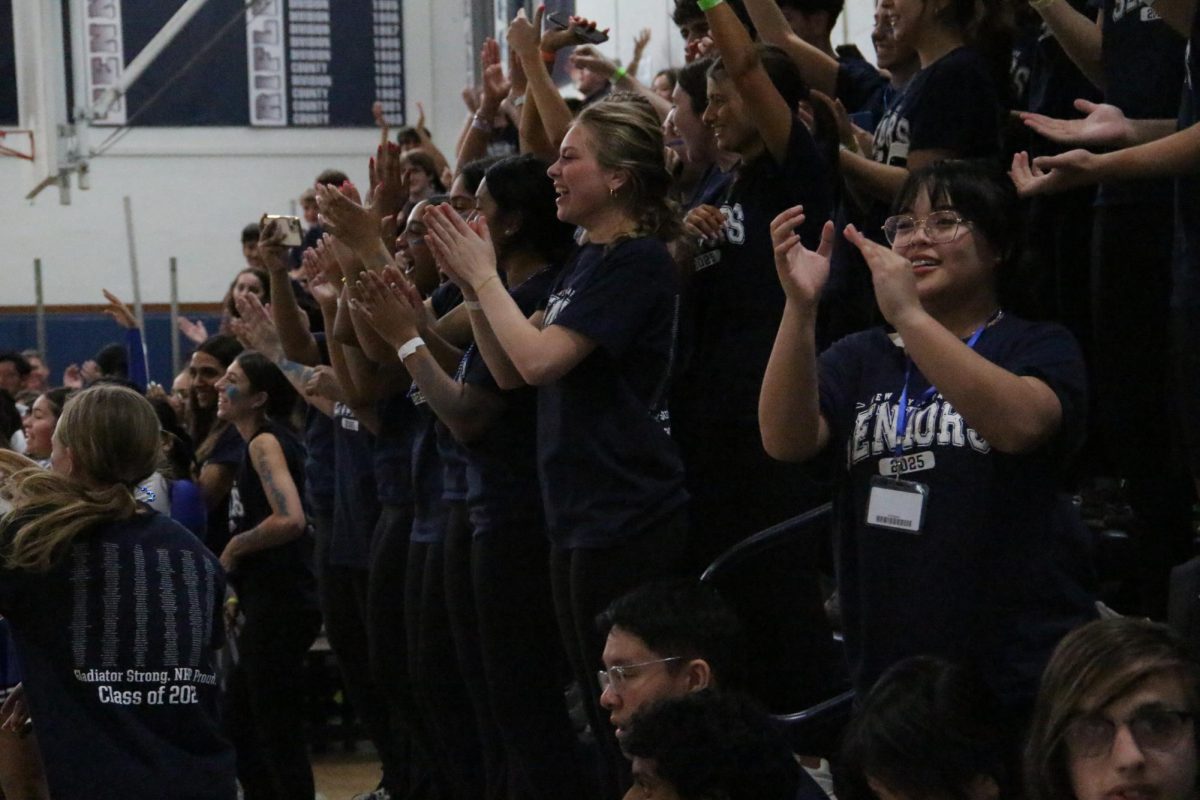

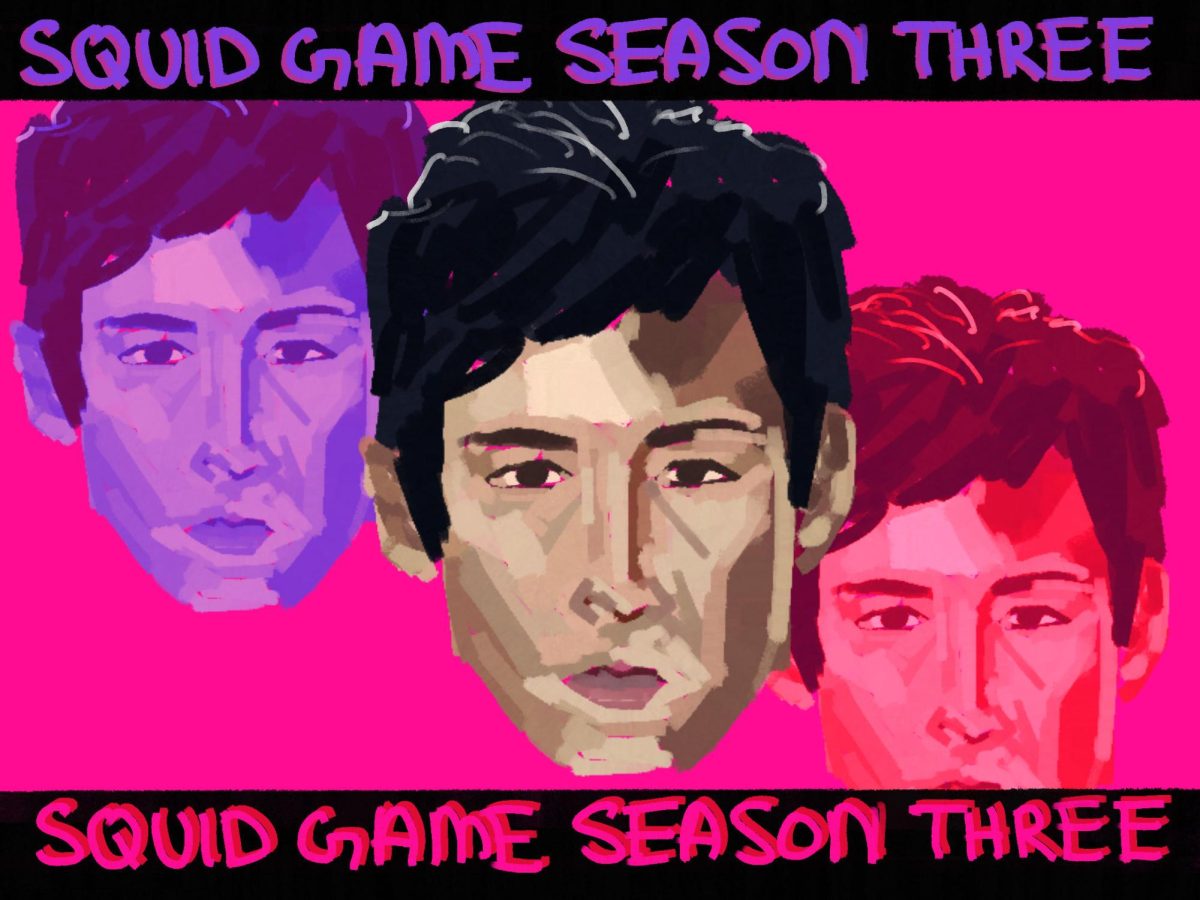
![”[Billie Eilish] truly was made to be a performer and I hope everyone has a chance to see such an amazing show,” junior Nyelle Sarreal said.](https://nhpchariotonline.com/wp-content/uploads/2025/06/IMG_1108-e1749239774437-1200x860.jpeg)

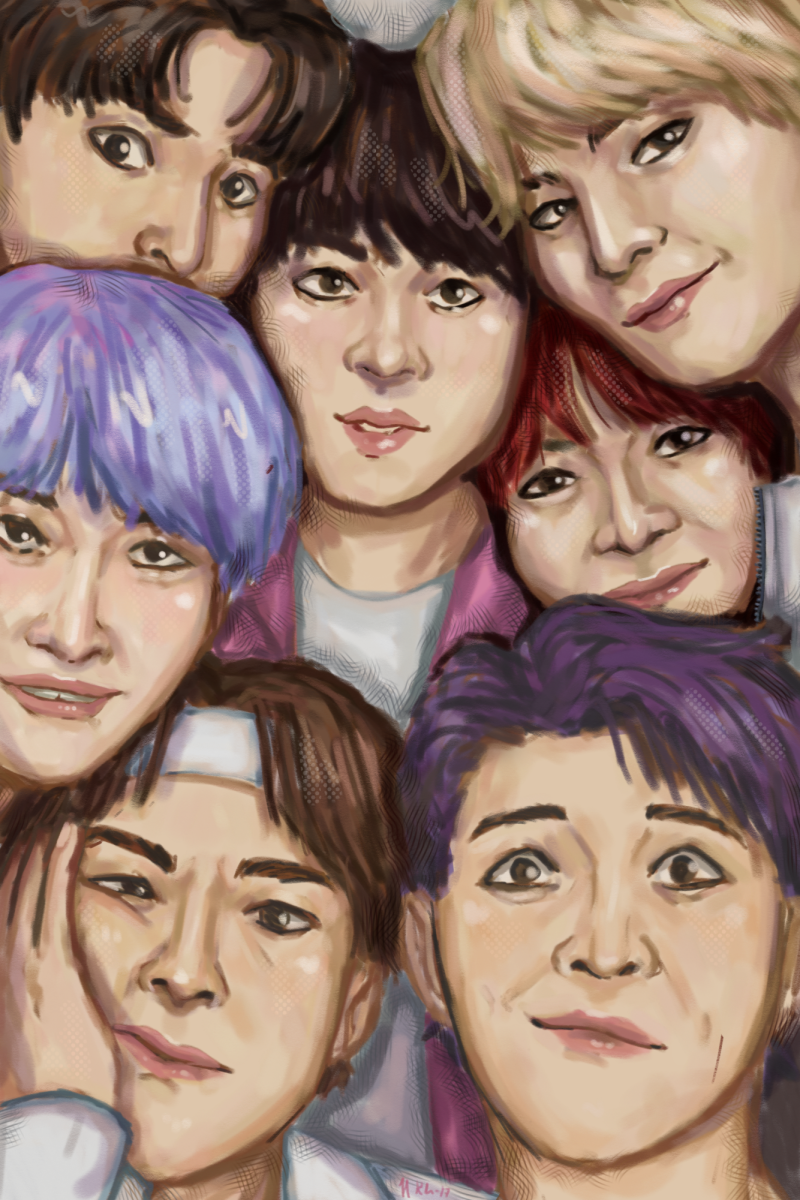
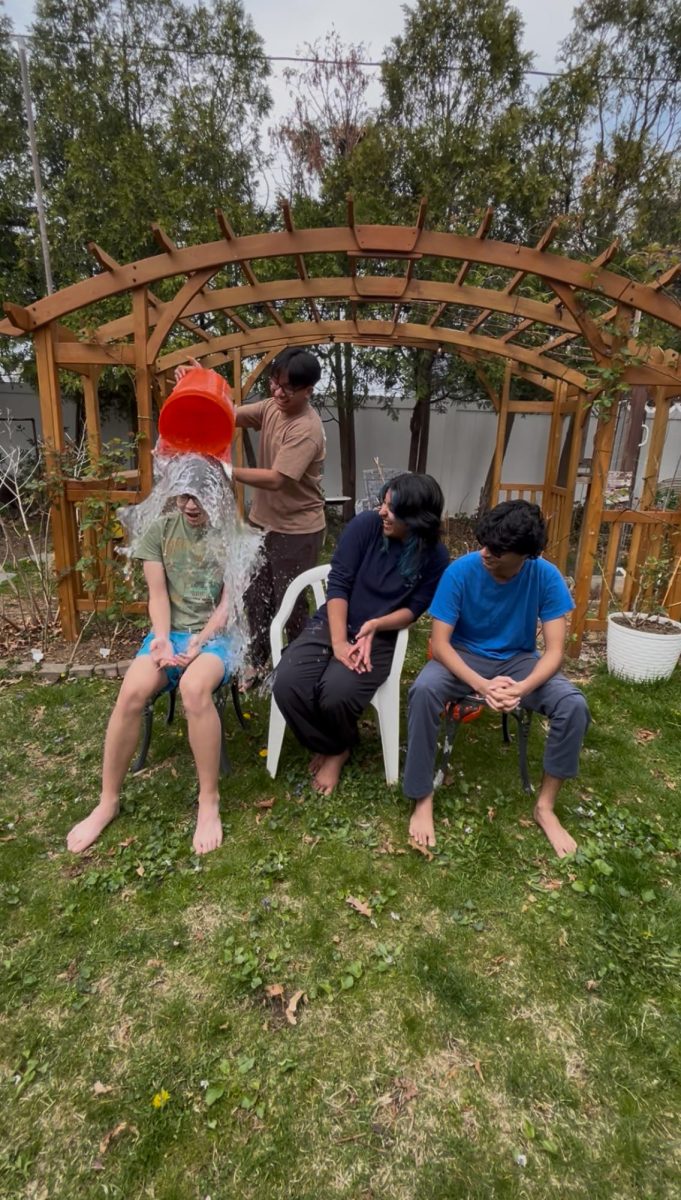
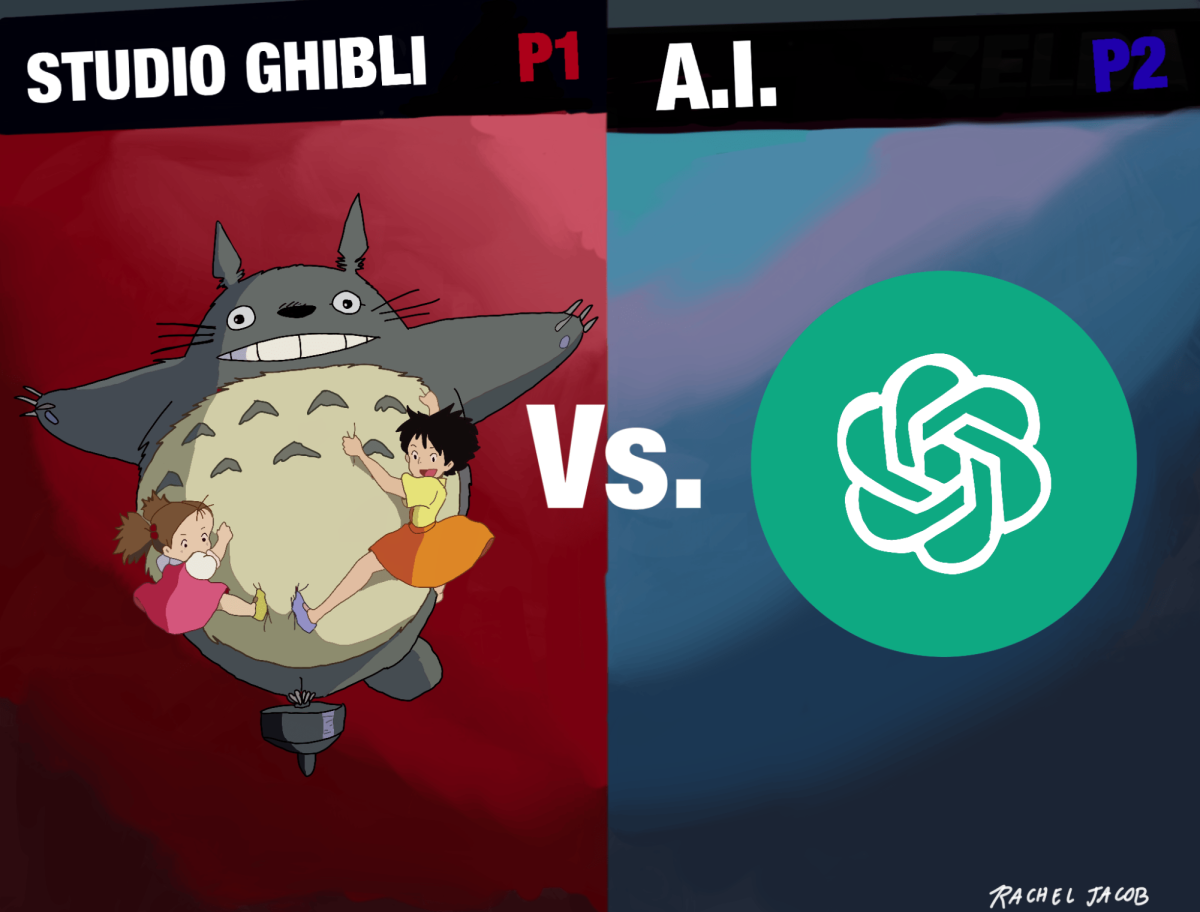



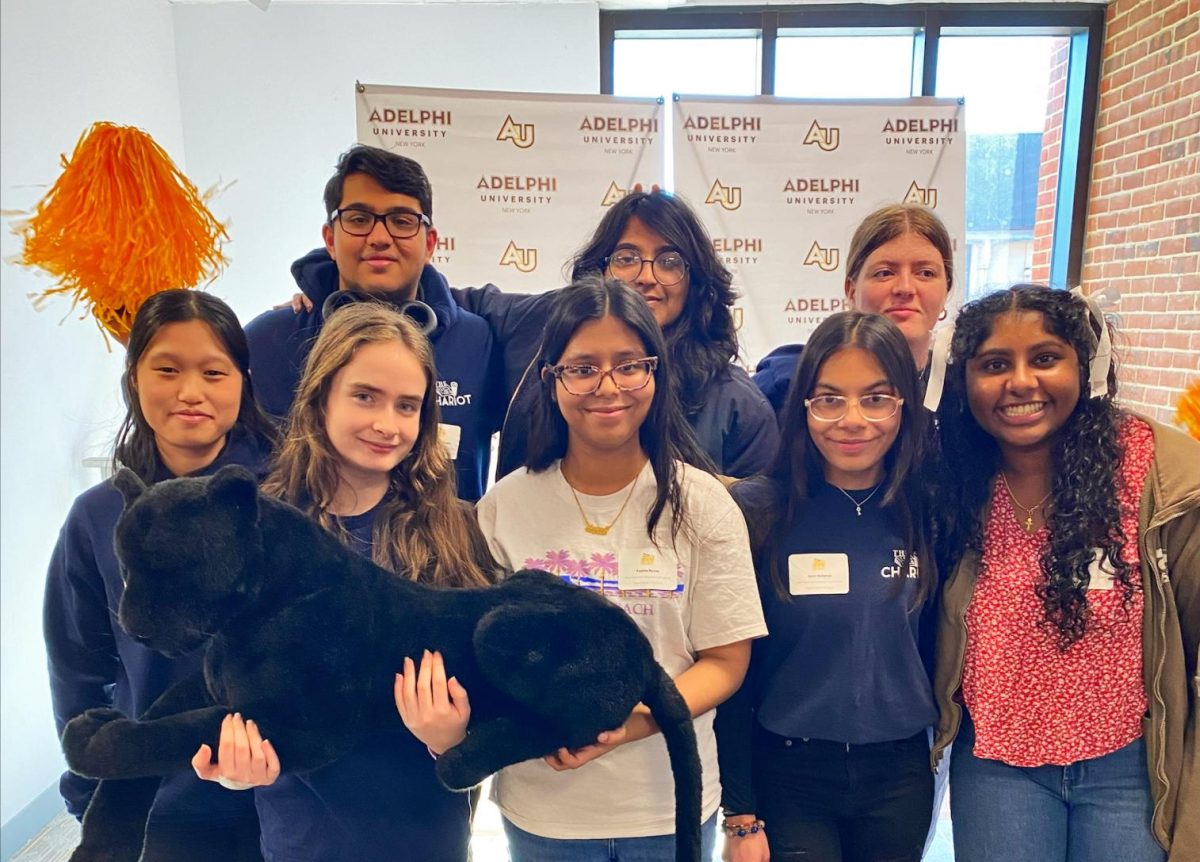


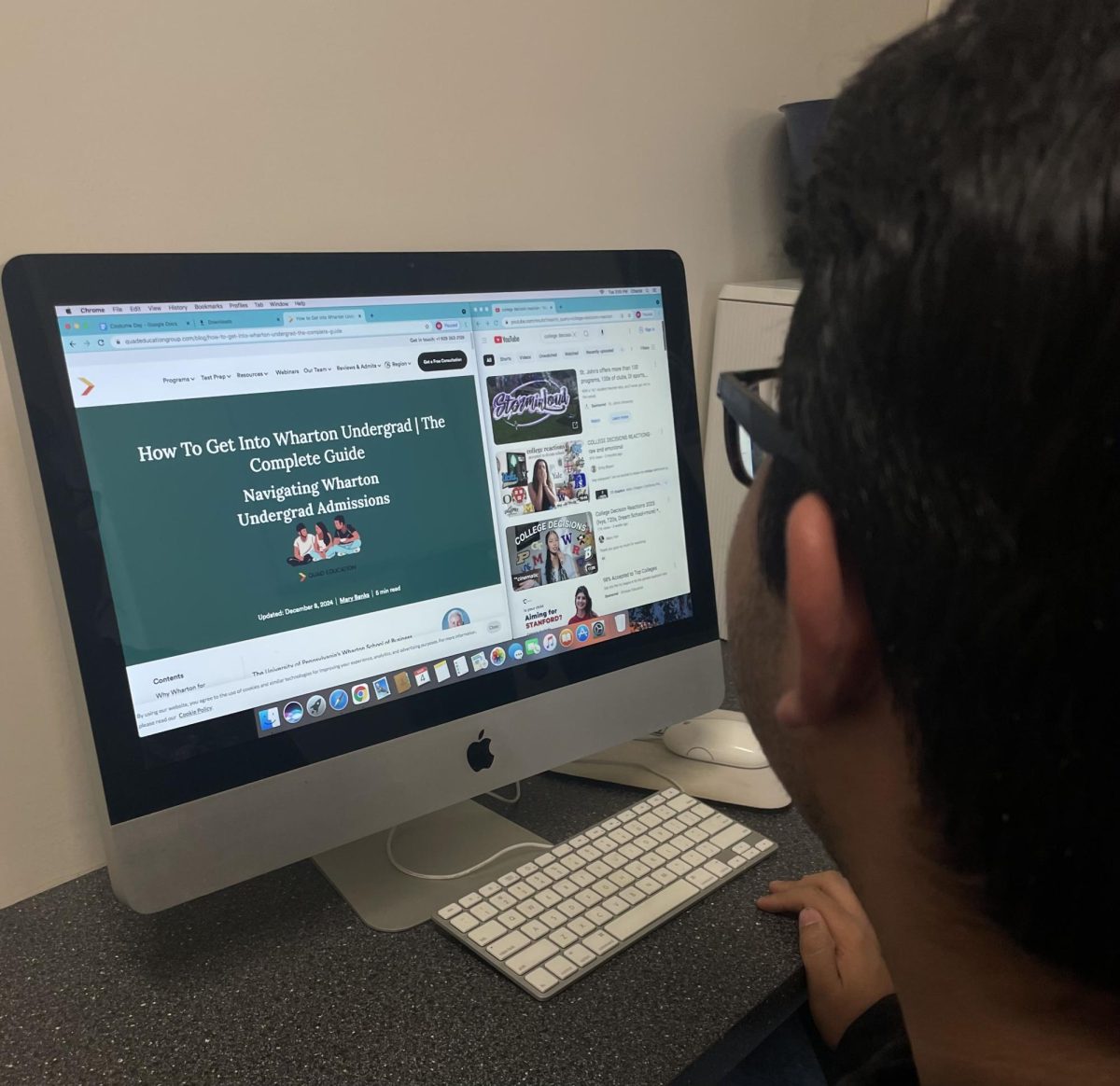
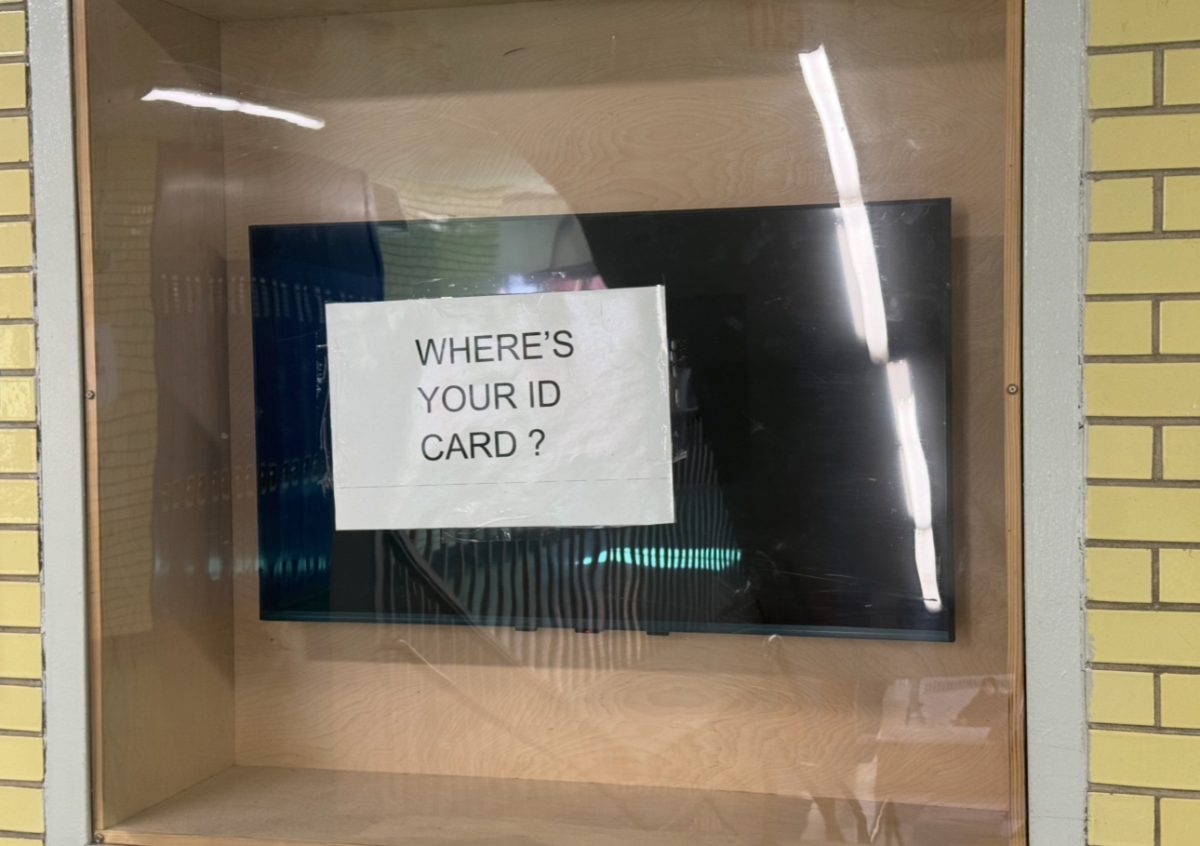

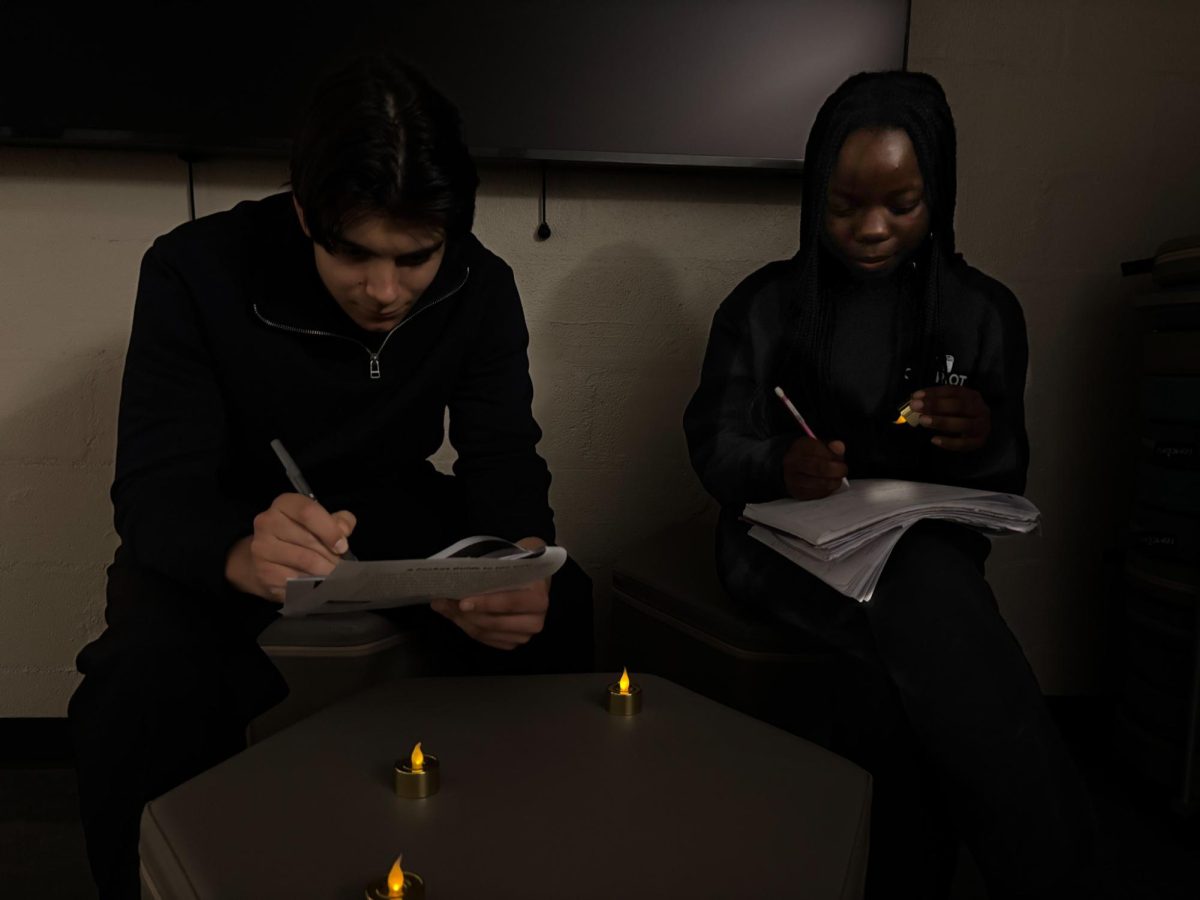
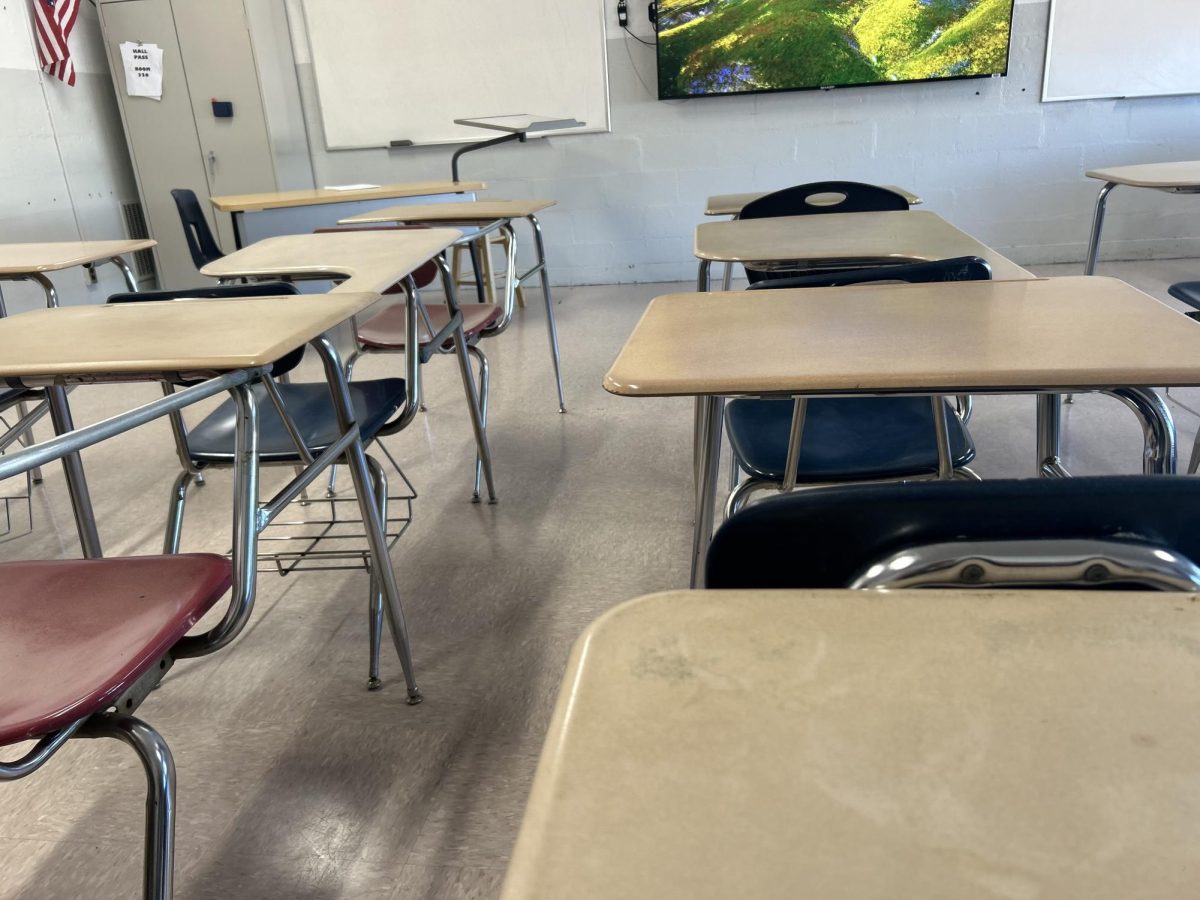
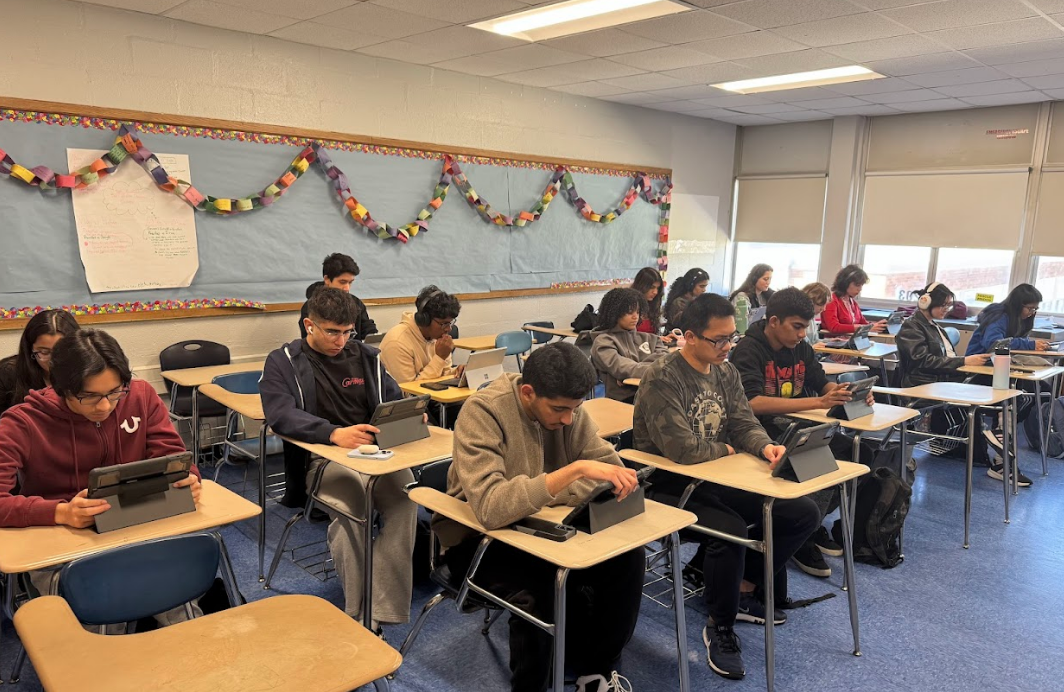
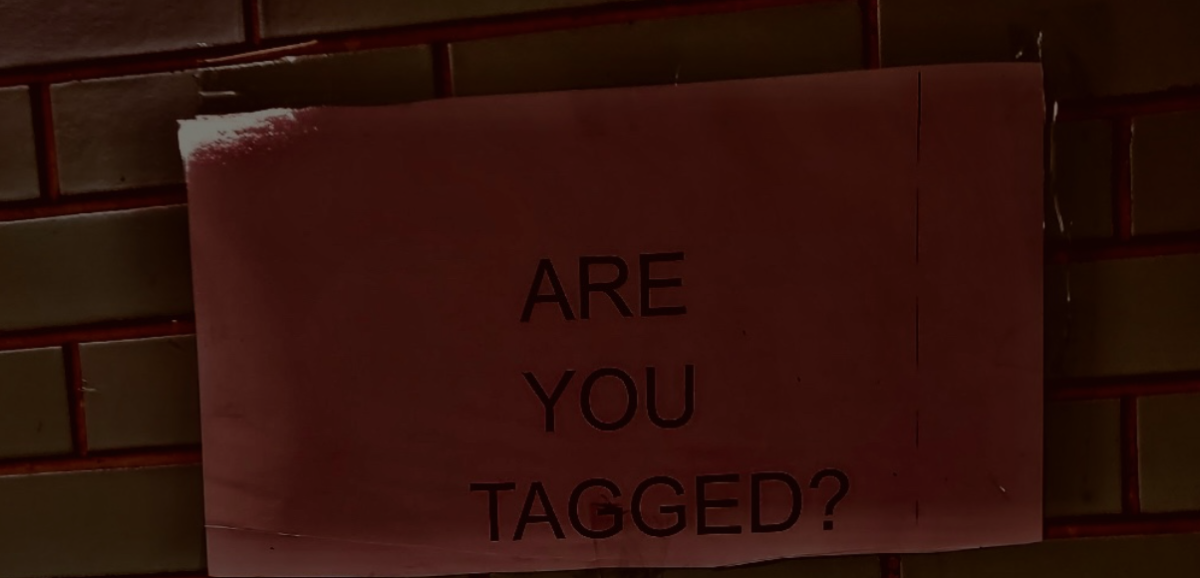
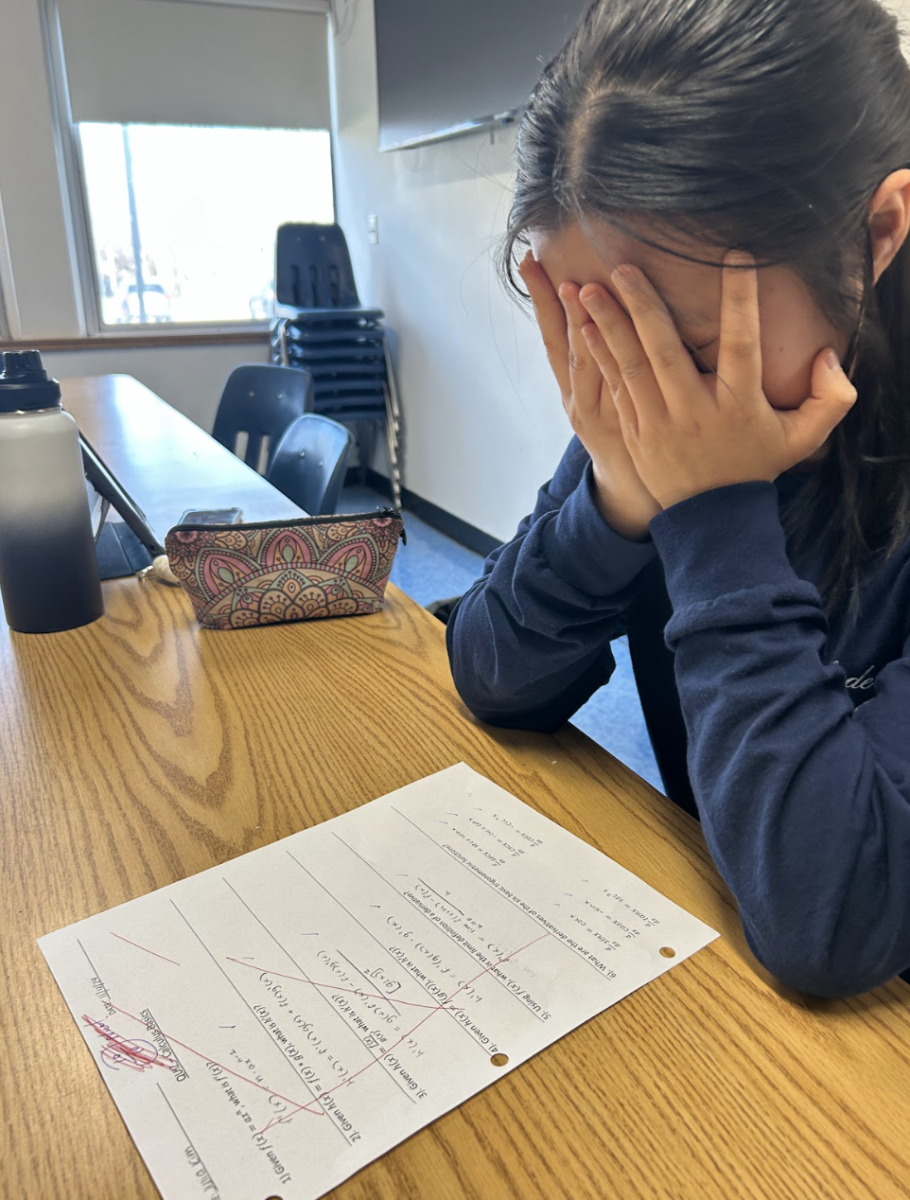
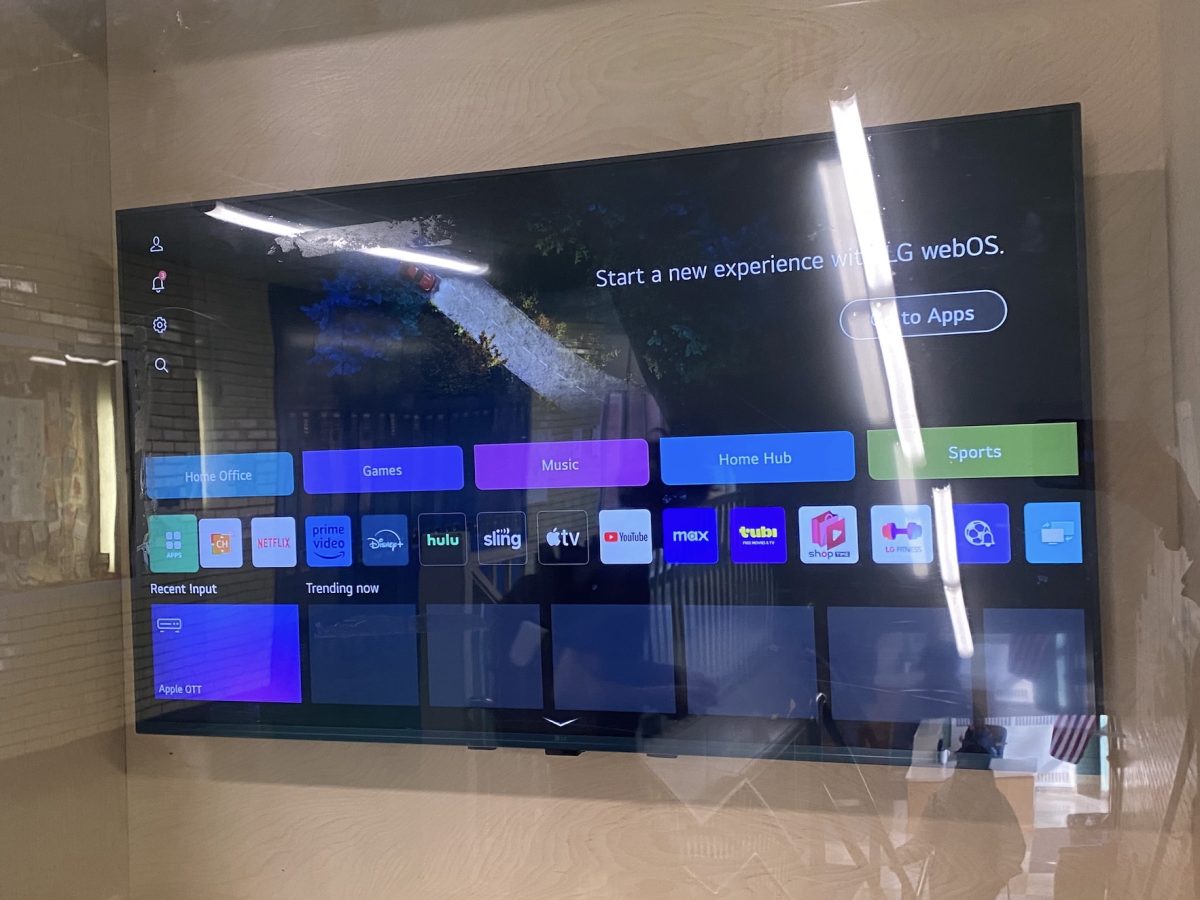
Rachel • Apr 10, 2025 at 9:16 am
Julia, get your grades up! F to A!